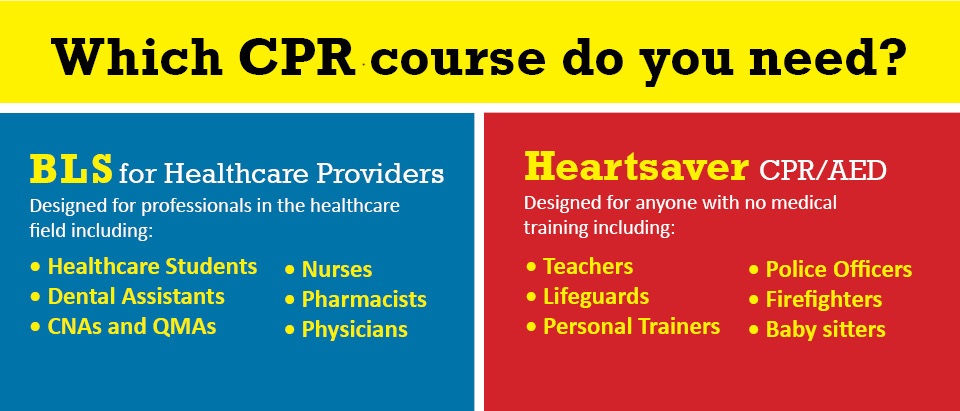
Reason to do CPR!
Did you know that sudden cardiac arrest is the one of the leading causes of death in the United States? Unfortunately, most people who suffer a cardiac arrest outside of a hospital do not get cardiopulmonary resuscitation (CPR) from a bystander, which significantly lessens their chances of survival. CPR is…

Limes Disease
It’s tick season again, and for those living in areas known for harboring large numbers of these little suckers, the risk of Lyme and other tick-borne illnesses becomes part of daily life. Despite best efforts to find and remove them, they are able to find their way into our homes…

Research: Americans unprepared for workplace cardiac emergencies
Posted by AHA Community Manager on Jun 20, 2017 10:40 am Yesterday, we released survey results of employees and workplace safety managers that show that most U.S. employees are not prepared for cardiac emergencies at work. Further, workers don’t have access to CPR and first aid training, and half could…

Why You Should Learn CPR
Cardiac arrest – an electrical malfunction in the heart that causes an irregular heartbeat (arrhythmia) and disrupts the flow of blood to the brain, lungs and other organs – is a leading cause of death. Each year, over 350,000 out-of-hospital cardiac arrests occur in the United States. • When a…

Why We Teach CPR
Post from the Instructor Network – Excellent read. Until it hits home, many instructors teach CPR for the cause, the mission, the fact that CPR saves lives, the money, because they like to teach and hundreds of other reasons. Very few teach CPR for selfish reasons like me. I start…

CARDIAC ARREST VS HEART ATTACK
CARDIAC ARREST occurs when the heart malfunctions and stops beating unexpectedly. Cardiac arrest is an “ELECTRICAL” problem. Cardiac arrest is triggered by an electrical malfunction in the heart that causes an irregular heartbeat (arrhythmia). With its pumping action disrupted, the heart cannot pump blood to the brain, lungs and other…

New Classes
AHA BLS for Healthcare Providers Description AHA BLS for Healthcare Providers Note: Course intended participants: Nurses, Nursing Students, Physicians, Dental professionals, PA’s, Paramedics, Respiratory therapists, Medical assistants, life guards, and other healthcare providers who are required to respond to a cardiac arrest in a healthcare environment. Cards are issued the…

Wednesday, March 8, 2017 ACLS Provider Update – Description ACLS Provider The ACLS provider course provides the knowledge and skills needed to evaluate manage the first 10 minutes of an adult ventricular fibrillation/ventricular tachycardia (VF/VT) arrest. Providers are expected to learn to manage 10 core ACLS cases: a respiratory emergency,…

Online Only
They’re everywhere on the Internet: seemingly legitimate organizations offering “instant” CPR or first aid certification for busy people who are required to hold current certification. And it often says right on those websites that online-only CPR or first aid certification is “nationally accepted“. It is not. No major nationally recognized…

Fraud Warning and Scam Alert
Individuals orchestrating frauds and scams use clever schemes to defraud millions of people every year. They often combine sophisticated technology with age-old tricks to get people to send money or give out personal information. They add new twists to old schemes including, at times, using the American Heart Association’s name…